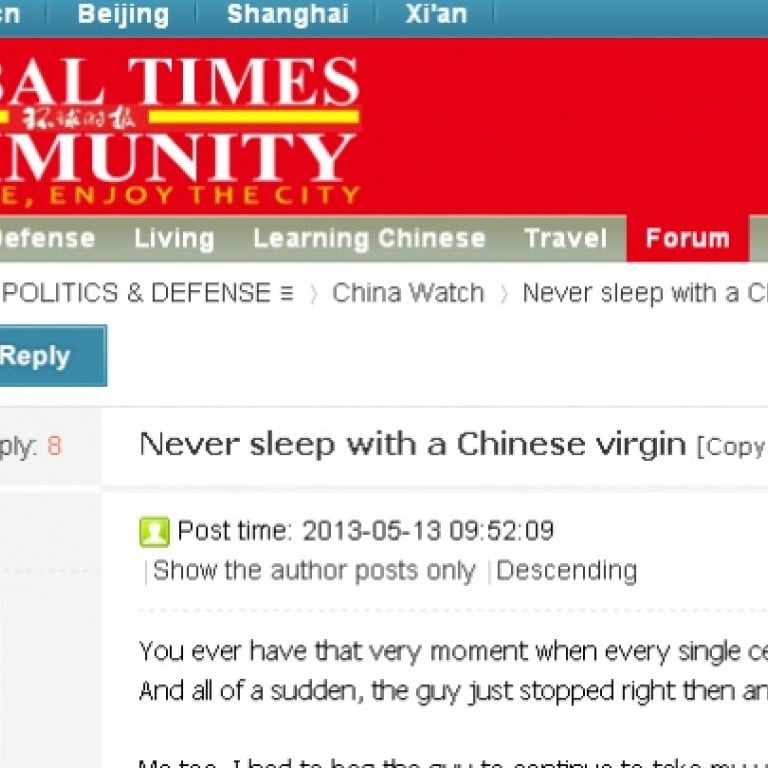
Is it a sin to work for the Global Times?
It’s no secret that the Global Times, a daily tabloid known for its nationalistic views, is not well-liked by many Chinese journalists, especially those working for more liberal papers. But now some wonder whether its enemies have gone too far.
It’s no secret that the Global Times, a daily tabloid known for its nationalistic views, is not well-liked by many Chinese journalists, especially those working for more liberal papers. But now some wonder whether its enemies have gone too far.
This happened after Zhang Zhilong, a reporter working for the Global Times’ English edition, called up a China Business News reporter Wang Wai, on Tuesday in Yanan.
China Business News is an influential daily based in Xian, Shaanxi province with a circulation of 600,000.
Zhang, who was in his hometown on a personal visit, told Wang his parents had been hit by a car. The driver turned out to be driving without a licence, and refused to pay medical fees, he said. Zhang suspected the local police were not handling the case properly, and asked Wang whether he was interested in covering the issue. He had hoped that media attention would pressure the police into re-examining the case.
Without answering directly, Wang asked Zhang what job he held and which newspaper he worked for, according to their Weibo accounts. Upon hearing the name Global Times, Wang said: “Then I don’t care” and hung up.
This posts soon went viral and attracted thousands of comments.
A majority of microbloggers applauded Wang for having “punished” an employee working for an “evil” newspaper. Others criticised him for abandoning journalism ethics and “universal values,” which many liberal papers seem to embrace, letting his own political views influece the coverage of a story.
“What about the Global Times’ ethics when it’s feasting on the suffering of the Chinese people,” one commenter wrote.
“That’s the price you pay for being a ‘50 cent,‘” wrote another. A “50 cent” refers to an internet commentator hired by the Communist Party to shape or sway public opinion. They are said to be paid 50 fen, or Chinese cent, per internet post.
“It’s nothing. Global Times has such a large circulation. Its website is the largest besides the People’s Daily. Confidence helps people maintain their manners,” he said on his Weibo.
